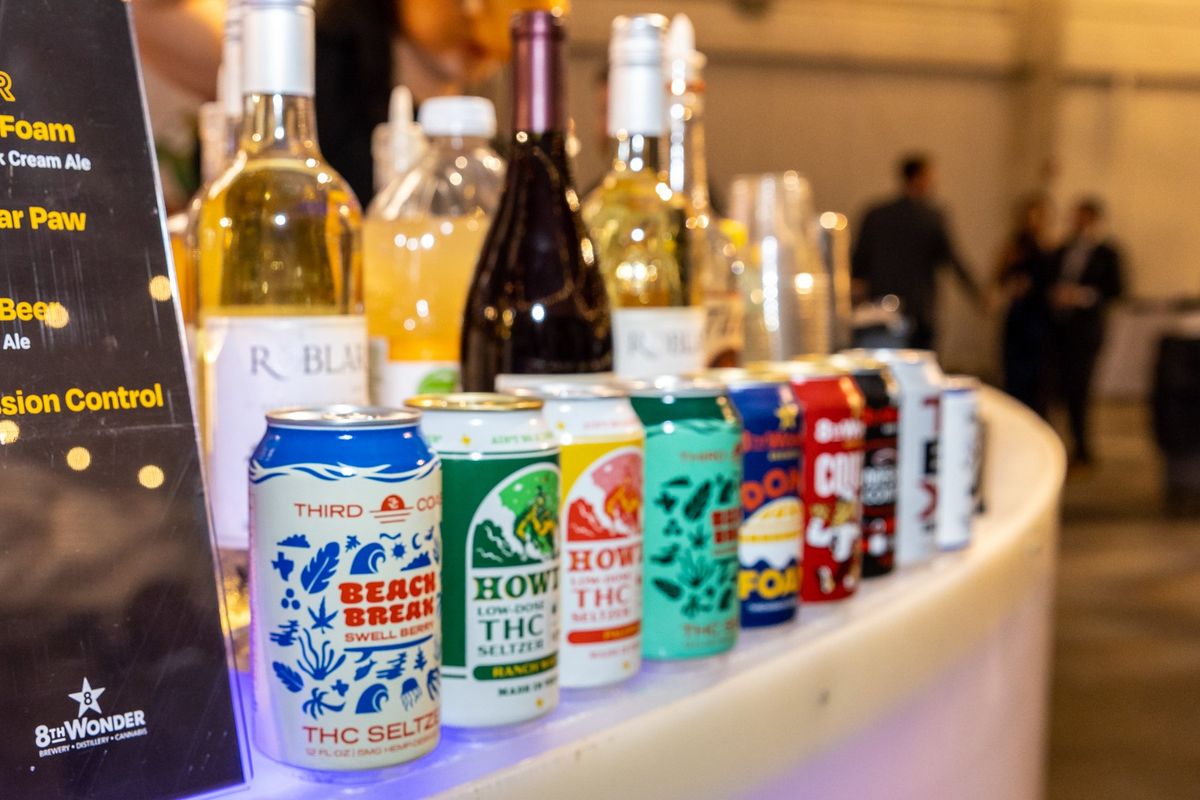2023 startup gift guide: Shop local from these Houston innovators
It's giving season, and you need not look any further than Houston's startup and innovation community for some gift ideas.
This year's Houston startup gift guide includes experiences, sustainable shopping, and more.
Need some more ideas? Browse last year's roundup of Houston startup-created gift ideas, and check out the 2021, 2020 and 2019 startup gift guides as well for even more options.
For someone outdoorsy: An easy-to-book fishing trip

Mallard Bay, which won big at the Rice Business Plan Competition, expanded in Houston this year. Photo via Getty Images
After seeing success in last year's Rice Business Plan Competition, Mallard Bay, a marketplace for booking guided fishing and hunting trips, announced this year that it's moving half of its employees to Houston, InnovationMap reported. The company hopes the move will help it tap into the large corporate and convention entertainment market in Texas. You can book a trip for your family or shop gear on the startup's website.
For a wine lover: A quick cooling tool

The Cold Cork delivers 20-second beverage chilling. Photo via Facebook/Cold Cork
Perfect for someone who loves to entertain, The idea Cold Cork came from the brains of two Houstonians who love a chilled wine at the end of a long day. However, it often happens that while you're ready for wine, but the wine's not ready for you. The device, priced at $64.95, chills liquids 20 degrees in 20 seconds.
For the new mom in your life: A game-changing breastmilk service

Milkify secured a deal on Shark Tank. Photo courtesy of Milkify
As seen on Shark Tank, Houston-based Milkify provides a unique service to breastfeeding moms. The company freeze dries breast milk so that families can have the convenience of formula with the nutrition of breast milk. The startup, which won at this year's Houston Innovation Awards, secured an investment on the show and even got the nod of approval from Gwyneth Paltrow. Milkify has plans to scale, as the husband-and-wife team shared on the Houston Innovators Podcast.
For someone who loves a sweat sesh: Smell-free athletic wear

Houston-based Accel Lifestyle's innovative line of athleisure has made it into Talbots. Photo courtesy of Accel Lifestyle
For years, Houston athletic clothing brand Accel Lifestyle has been providing its customers with sporty outfits that are designed to not hold onto any stink resulting from bacteria from sweat. As of this summer, the brand is in Talbots, so you can shop in store, as well as online.
For the trendsetter: Sustainable fashion

A Houston innovator found second-hand shopping time consuming. So, she designed a better experience. Image courtesy of Trendy Seconds
Shop for one (or all) of your loved ones sustainably with Trendy Seconds, a website created by Houstonian Maria Burgos. There's likely something for everyone on your Christmas list — and no purchase can possibly considered naughty — at least when considering your carbon footprint.
For a party animal: Brews for every occasion

Bring these to your next holiday party. Photo by Emily Jaschke/InnovationMap
Two Houston companies formalized their partnership this year. Bayou City Hemp Company announced that it has purchased 8th Wonder Brewery, Distillery, and Cannabis. The acquisition deepens a relationship that dates back to 2021, when 8th Wonder and Bayou City Hemp partnered to create Wonder Water, a non-alcoholic beverage available with either CBD or Delta-8 that became the top-selling to-go product at 8th Wonder. Now, the combined company creates adult beverages by offering a full lineup of beer, spirits, and cannabis-infused drinks.
For a mother-daughter duo: A tool to enhance their relationship
 Houston startup addresses mother-daughter dynamic with first app of its kindA Houston-founded company is targeting mothers and daughters with their teletherapy app. Photo courtesy of Passport Journeys
Houston startup addresses mother-daughter dynamic with first app of its kindA Houston-founded company is targeting mothers and daughters with their teletherapy app. Photo courtesy of Passport JourneysPassport Journeys, an app with a membership that helps cultivate mother-daughter relationships, can help you on your new year's resolution to heal your relationship with your mom or daughter. The intake process is $280 with monthly fees after and includes a slew of support for relationship building.

 Tyler and Michelle Kurkiewicz came up with the idea of the Cold Cork. Photo via thecoldcork.com
Tyler and Michelle Kurkiewicz came up with the idea of the Cold Cork. Photo via thecoldcork.com The device, priced at $64.95, chills liquids 20 degrees in 20 seconds. Photo via thecoldcork.com
The device, priced at $64.95, chills liquids 20 degrees in 20 seconds. Photo via thecoldcork.com